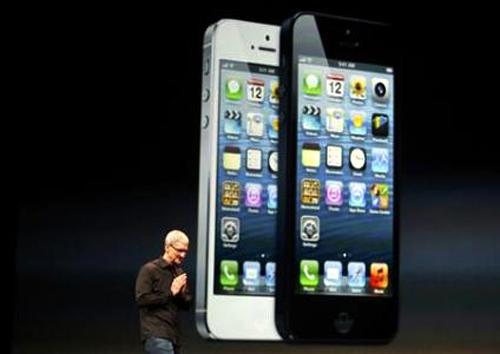
A laggard mobile operating system and equally disappointing consumer app ecosystem have marred Research in Motion and Symbian's prospects in the fast-evolving smartphone market.
Similarly, ever-improving Apple iOS and Google's Android mobile operating system have helped both the companies scale their share and 'wow' the consumers.
The largest computer OS brand, Windows from Microsoft, too, could not resist the charm and overhauled itself to fit in the mobile market.
First came the Windows 7 phone, now followed up by Windows 8 to seek its place in the smartphone market.
Seamless integration and intuitive flow of information between the mobile operating system and hardware is the only make-or-break feature on smartphone platform today.
Click NEXT to read more...
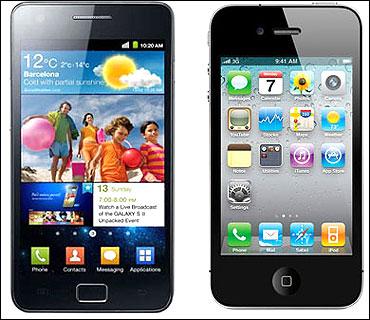
For instance, despite superior hardware configuration on some of the high-end smartphones from Sony Ericsson and LG, it has been the Samsung Galaxy S range that has led Android's popularity on premium end.
Reason: The consistent user experience that Samsung could juice out from its hardware, executed on the Android OS.
By the same logic, Apple smartphones have never really set the benchmark when it comes to hardware, yet iPhones have broken sales record quarter after quarter.
With updated mobile operating systems ready to be pushed out on the new smartphones, here are some of the most striking features of the leading three mobile OSes that will define your smartphone experience of tomorrow.
Click NEXT to read more...
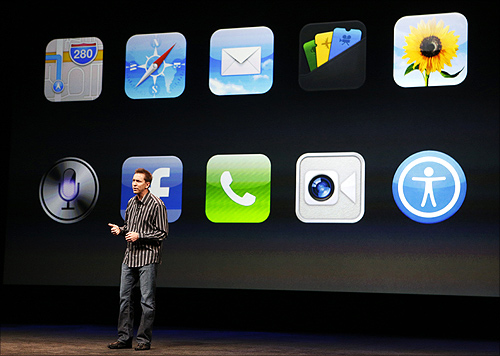
Apple iOS 6
The iOS 6 was released as a beta in August, but the final version will be available as a free download starting September 19. Apple has ensured all iPhones released since 2009, as well as last year's and this year's iPad models, and even the newer iPod Touch devices will be able to upgrade to iOS 6.
With iOS 6, Apple uses a tried-and-trusted formula based on simplicity. No widgets, no tiles, just a grid of app icons you scroll through from the home page.
There's an improved Phone app that can help reject a call with a message saying 'user is busy', 'on way', etc, or it can be tuned to remind user to call someone back.
Click NEXT to read more...
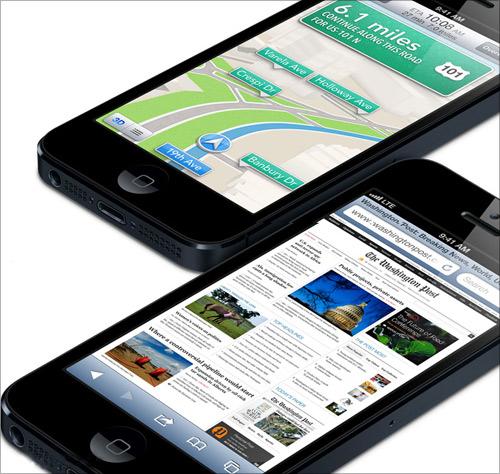
A new do-not-disturb mode is particularly nifty - when new messages or alerts arrive, they will do so silently without the screen lighting up. In the same mode, user can also tell the iPhone not to silence calls from a list of favourite/important callers, or to automatically silent repeat calls.
Apple's video-calling feature FaceTime can now be run on 3G networks and Safari (browser on iOS) has a full-screen mode that promises to look even better on the iPhone 5's 4-inch retina display.
It also comes with an offline reading list that downloads and stores articles from the web. Many would welcome Facebook integration.
Click NEXT to read more...
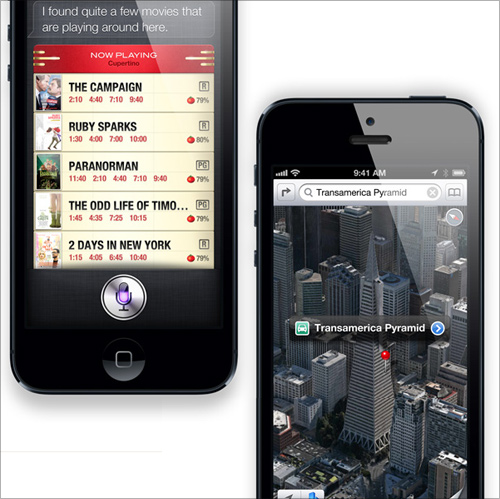
The default mail app too has been improved and now allows to create a VIP list, where emails from people on the list is delivered to a dedicated VIP mailbox that appears highlighted in the regular inbox. A different notification system can be chosen for the VIP emails - so they appear on the lockscreen, for example.
Apple has also added "pull to refresh" feature (just like in Twitter apps) to mail. It will be hard to not be impressed with the new user interface of the App Store, iTunes, iBooks Store, Music, Weather apps. Also user can now set songs from device music library as alarm tones.
Sadly, Indian enthusiasts will have to wait some more to get full access to a few iOS 6 features such as voice-based 3D navigation, some new features of voice assistant Siri, Passbook that enables you to carry electronic tickets for anything from sports events to plane travel, etc.
Click NEXT to read more...
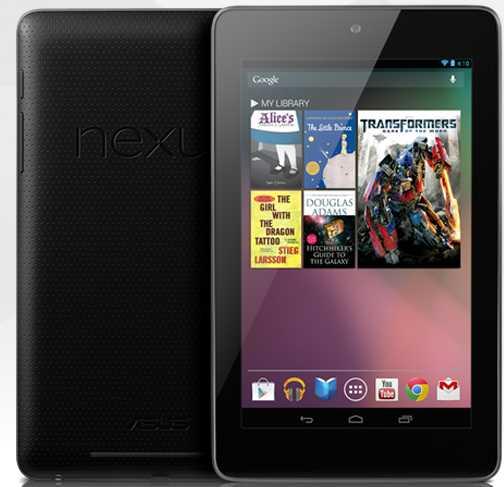
Google Android 4.1 or Jelly Bean
Google's first tablet Nexus 7 was the first gadget show off what Android 4.1 or Jelly Bean could do.
The small 7-inch tablet, manufactured by Asus, for the search giant is the first Google tablet to have hit the market after more than a year of speculations. While Samsung Galaxy S3 and HTC One X have some of the best hardware on the market, they are yet to be updated to Jelly Bean.
Android 4.1 takes customisable homescreens to the next level. Widgets have always been the heart of the Android OS and Jelly Bean makes these easier to move with homescreens adapting to accommodate the placement and resizing of widgets.
Though Jelly Bean's audible alert for new notifications is welcome, it is not as easily viewable as iOS 6.
Click NEXT to read more...
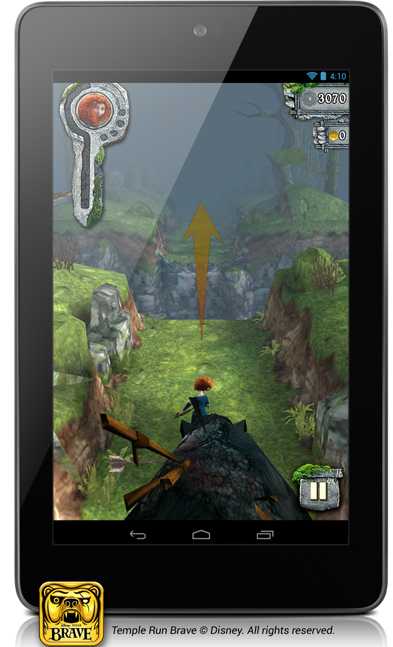
Chrome, Google's web browser, is beautifully perfected in Jelly Bean. The ability to sync Google account with bookmarks and currently open tabs on other devices, tabbed browsing and the unified search and URL field.
Jelly Bean too has a Siri competitor, called Google Now, that allows users to ask questions, using voice commands. Response comes in the form of a card (on screen) - much like Siri - neatly formatted with images, if relevant. Other times the response is a simple web search.
There's no denying that Google Maps on Jelly Bean are the best web mapping service. Google has also added turn-by-turn voice navigation now for India. What's even more important is that Google offers offline map viewing - a glaring omission in iOS 6. This is a clear win for Android.
Click NEXT to read more...
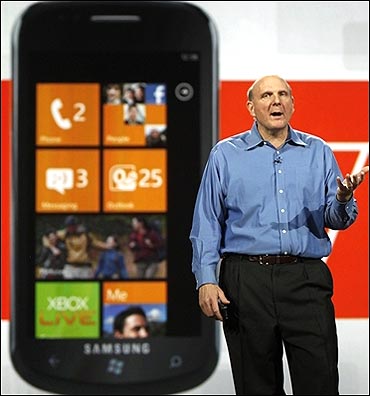
Windows 8
Microsoft's mobile operating system is not going to be an upgrade option for Windows 7 phone users. The new OS is expected to bring Windows in line with Apple and Android, giving them some competition.
Microsoft's Windows Phone 8 will run effectively with a superior hardware configuration, which includes multi-core processors, higher screen resolutions and newer wireless technologies like near field communication.
Not to forget, the new Windows Phones will include support for external storage in the form of microSD cards which could sway many users who would like to bring their own data to smartphones.
Click NEXT to read more...
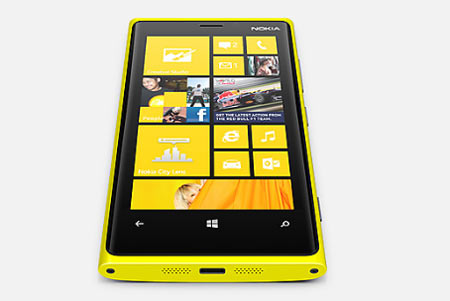
Though Windows Phone 8 does come with apps, it is still inconsequential when compared with iTunes and Android stores.
But there are lots of changes being pursued by Microsoft like Windows Phone 8 shares the same libraries with Windows Phone 7.5 that should make development for Windows Phone 8 easy.
Microsoft is wooing app developers with more support and development and there would be quite a lot of apps on this platform too.
Click NEXT to read more...
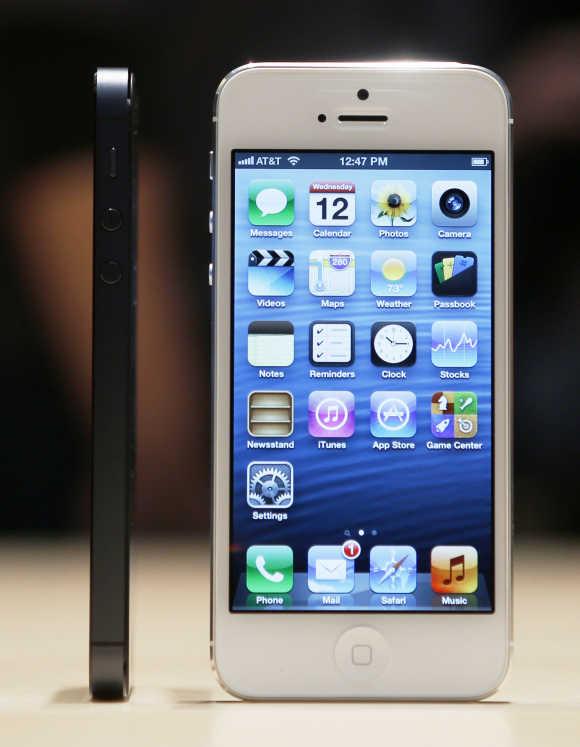
Bottom line
All three mobile operating systems are built to please smartphone customers and in the end it will probably come down to which company you want to invest your trust in.
Those attached to their Google accounts, will sway to Jelly Bean that brings a more optimised experience of Google and its apps.
If you are on Apple's iCloud and own several Apple devices in a household, iOS 6 will better fit your data-sharing options. Those who can't think of moving beyond the comfort zone of Windows' apps such as mail, Office suite, etc, will find Windows 8 a better bet.